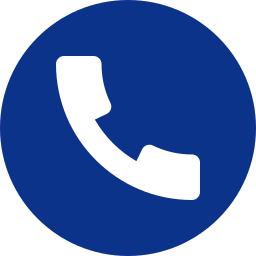
Home / FAQ
FAQ
Most kids and adults should visit the dentist every six months for a routine cleaning and checkup—regular dental exams for people more susceptible to developing oral health problems.
Getting routine checkups will assist in maintaining the health of your gums and teeth health and identifying any early issues, including cavities, oral cancer, and gum disease. Regular dental checkups are an excellent way to maintain oral health.
Once the first tooth erupts or no later than the child’s first birthday, you should take your child to the dentist.
Patients who skip their regular dental visits run the risk of getting cavities or oral infections. Many dental issues are internal and may not be visible to someone inexperienced. The patient is more at risk if they skip their regular checkup and cleaning with a general dentist. It is essential to maintain at least two regular checkups per year.
The dentist will carefully inspect the teeth and gums during a general dental checkup consultation to look for anomalies. Once a year, X-rays may be done to look for any inside issues that are not apparent to the human eye. The patient will also receive advice from the general dentist on improving their oral and dental health.
It’s a terrifying experience to have a tooth knocked out, so you should get an immediate appointment with a nearby dentist. You gently transfer it to our clean box and put it back in its socket. Alternatively, you can use milk to keep the cells alive and moist until you reach our office.
You can try to very carefully remove the thing using dental floss if you get a piece of food or any other tiny object jammed between your teeth. Use of anything very pointy, such as a pin, should be avoided because it could harm your teeth. If dental floss cannot remove what is there, make an appointment with a dentist immediately.
Even though sensitivity might not seem alarming, it could be a sign of serious issues, like an infection or extensive gum recession. You can get help determining what’s causing the sensitivity from a dentist.
Try to locate the filling or crown, then replace it with temporary dental cement purchased from a nearby pharmacy. That should provide the tooth with some defence until your emergency dentist appointment.
You might have a broken tooth if you bite down and feel an immediate, sharp pain that disappears as soon as you release the pressure or if you are sensitive to various foods (such as hot, cold, sour, etc.).
Depending on the extent of the injury, a chipped tooth may need to be fixed. If only the enamel is damaged, your dentist will probably use dental bonding to restore the missing portion. Another choice is to flatten the tooth structure to eliminate sharp edges if the tooth is in the back of your mouth. The chip may need to be repaired with a veneer or crown if the dentin has been shattered. When the condition is the most severe, you must pull the tooth out and put an implant in
While brushing a damaged tooth, you should be soft and extremely cautious. In particular, if the nerves on the tooth’s interior are exposed, brushing too vigorously may result in pain or further dental damage. A broken tooth may feel less painful or under less pressure if the area around it is flossed.
Try to locate the filling or crown, then replace it with temporary dental cement purchased from a nearby pharmacy. That should provide the tooth with some defence until your emergency dentist appointment.
If you take proper care of a fractured tooth and visit a dentist immediately, you can save the tooth. How much of the tooth is gone and whether any nerve endings are visible will determine how much of it may be saved.